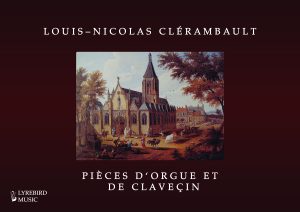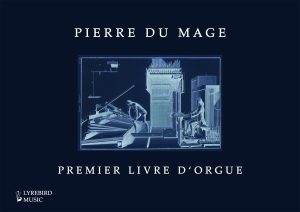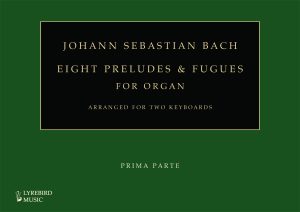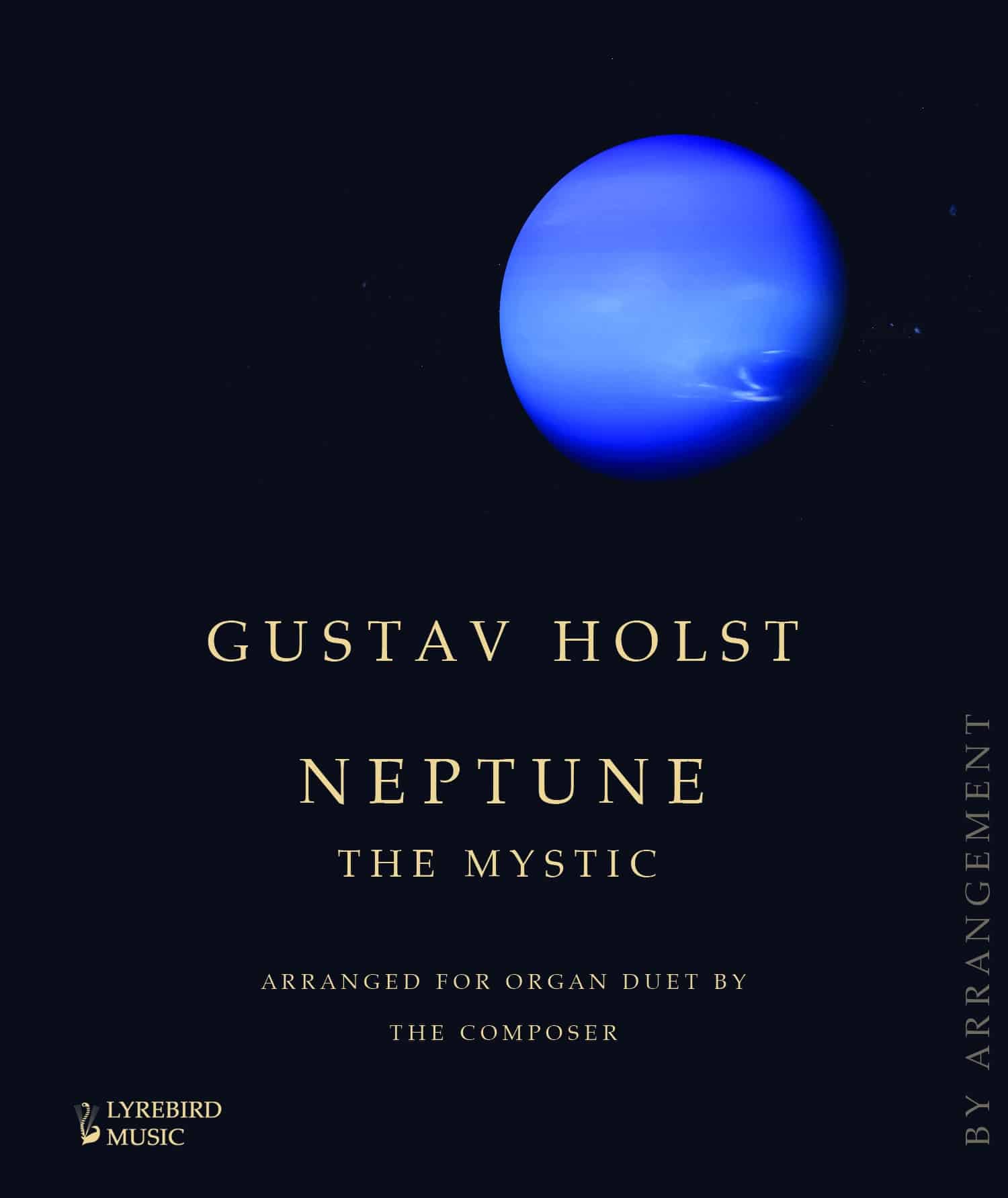LBMP–039: Gustav Holst – Neptune, the Mystic (The Planets), arranged for organ duet by the composer
€14.99 – €19.99 (+ VAT for EU customers)
ISMN: 979-0-706670-70-6
21 pages total
Arranged by Gustav Holst
Edited by Olivier Vernet and Cédric Meckler
- Available in wire binding and PDF format (single download only)
- The first edition of Holst’s arrangement for organ duet
- Three available formats
- Wire-bound with soft colour cover (choice on checkout)
- Tablet (PDF – one download available for 5 days)
Prices vary according to your needs. Please first choose the format you require.
Lyrebird by Arrangement: Holst –– Neptune, The Mystic from The Planets, Op. 32
Arranged by the composer
Edited by Olivier Vernet and Cédric Meckler
Gustav Holst was born in Cheltenham, Gloucestershire, in 1874. As a child, he received tuition as a pianist and violinist and, suffering from asthma, was also encouraged by his father to study the trombone in the hope that it might help his breathing. Music ran deep in Holst’s familial landscape. His father was a professional musician and organist at All Saints’ Church, Cheltenham; his uncle was a composer of salon-style music and his grandfather, Gustavus Valentine, was a composer and harp teacher to the Imperial Russian Court.
Holst’s compositional activities began before he entered The Royal College of Music in 1893, where he studied the piano, organ, trombone and composition. Upon leaving the college in 1898, he took posts in various London churches as an organist. He also supplemented his income by playing the trombone in theatre orchestras, though he abandoned this activity in 1903 to concentrate fully on composition.
The idea for the suite The Planets was occasioned by an interest in astronomy and a determination to create a large-scale orchestral work, which he began composing in 1914. ‘Mars’ was the first to be written, followed by ‘Venus’ and ‘Jupiter’. ‘Saturn’, ‘Uranus’ and ‘Neptune’ were all composed in 1915, and ‘Mercury’ was completed in 1916. The impressionist ‘Neptune’, the suite’s final movement, concludes with a wordless female chorus without words (as in “Sirenes” by Claude Debussy), that gradually recedes to nothingness, an effect which the commentator John Warrack likens to ‘unresolved timelessness … never-ending, since space does not end, but drifting away into eternal silence”.
The arrangement of ‘Neptune’ was made before being substituted with a version for two pianos, probably for the sake of dissemination and to provide consistency by integrating the movement into the entire suite in its new version for two keyboards.
Holst’s original choice of the organ duet is unusual for its time, as is his use of the organ, which relies on subtle and continual changes of registration and keyboards. The manuscript is housed in the Parry Room Library of the Royal College of Music, London, MS 4556.
While the manuscript was published in facsimile form in 1979 (Faber, London), this is the first time it has been the subject of a modern critical edition. We thank Colin Matthews and the Holst Society for their blessing in publishing this remarkable and unknown work.
The Vernet-Meckler Organ Duet
Since 2006, the Vernet-Meckler Organ Duet has dazzled audiences worldwide, promoting a novel repertoire of organ music for four hands that has achieved numerous awards and acclamations. In addition to concert activities, the Vernet-Meckler Organ Duet devotes much time to researching and developing organ duet repertoire and playing new music written especially for them. Together, they have recorded over a dozen CDs. Olivier Vernet was a student of Gaston Litaize, Marie-Claire Alain and Michel Chapuis and received many prizes and distinctions. To date, Vernet has recorded over 120 CDs, which have been critically acclaimed. Among these are the complete organ works of J. S. Bach and the concertos for two, three and four keyboards, which were recorded with Marie-Claire Alain. Vernet is Artistic Director for the Monaco International Organ Festival, organist of the Cathedral of Monaco and holds the accolade of Chevalier de l’Ordre des Arts et des Lettres and Chevalier de l’Ordre monégasque du Mérite Culturel. Cédric Meckler is a Doctor of Medicine (MD) and Neurosciences (PhD) and was a medical officer with the rank of colonel. In his work, he specialised in mental illnesses and cerebral activity related to controlling musical motor activities. A researcher and hypnotherapist until 2017, he has used his findings and publications to offer a new reading grid of reference methods for piano technique. He has since explored the field of non-ordinary states of consciousness (hypnosis, meditation, lucid dreaming), which he uses to help artists prepare for the stage performance.
Related products
-

LBMP–010: Louis-Nicolas Clérambault – Pieces d’orgue et de claveçin
€35.46 – €44.87 (+ VAT for EU customers) -

LBMP–018: Pierre Du Mage – Premier livre d’orgue
€29.88 – €38.36 (+ VAT for EU customers) -

LBMP–034: J S Bach – Eight Preludes and Fugues for Organ, Arranged for Two Keyboards
€69.12 – €80.64 (+ VAT for EU customers)
Your Shopping Cart
Archives
Categories
Recent Posts
- Choir & Organ Magazine August 22, 2022
- Keith Harrington August 22, 2022
- Marie-Louise Langlais August 22, 2022
- James Kibbie August 22, 2022
Categories
- Testimonial (4)
- Uncategorized (1)

